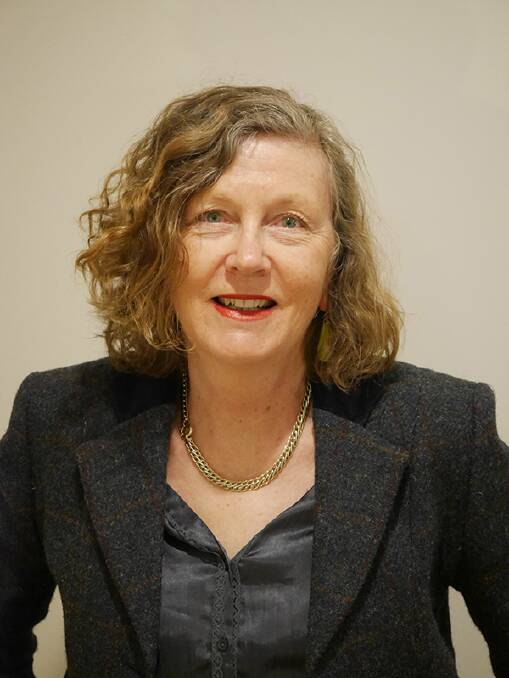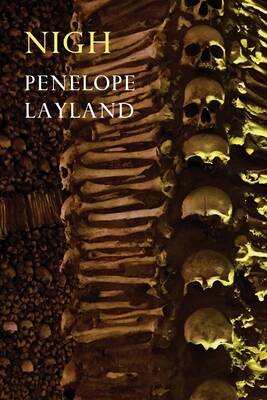- Nigh, by Penelope Layland. Recent Work Press, $19.95.
It's interesting, even inescapable, to compare Penelope Layland's new collection, Nigh, with her very well-received third one, Things I've Thought To Tell You Since I Saw You Last which grew out of a PhD and was "unrelenting in its preoccupation", to use the poet's own description.
Subscribe now for unlimited access.
$0/
(min cost $0)
or signup to continue reading
In the earlier book, almost all the poems were about death and bereavement, reinforcing each other in their cumulative effect.
In Nigh, the poems are more various in subject matter, though most are of the same high quality. This impression is strengthened by the fact that Nigh is divided into two sections, the second of which ("Near") is very much a miscellany.

The first section, "Nearly", is mainly focused on climate change and a few other social or historical issues.
Nearly all of the poems here have the indirection and subtlety necessary for effective political poetry. They employ a compelling dystopian imagery rather than simply preach.

Their metaphoric energy is well-illustrated by the final stanza of "Tabula rasa": "Sixty springs of diminishing returns, / then the last leviathan will be bloated on the beach. / Gone Gilgamesh, Bruegel's Babel, all of Beethoven, / angels twirling on the bright heads of pins."
Layland's cry here has something of the same force as Ezra Pound's at the end of World War I: "There died a myriad, And of the best, among them, / For an old bitch gone in the teeth / ... For two gross of broken statues, / For a few thousand battered books." ("Hugh Selwyn Mauberley").
Layland's partial shift from autobiography to social commentary is probably desirable, but many of the poems remain movingly personal.
At times, the poet uses dramatic monologues which may or may not be autobiographical. The last lines of "Survivalist", show how effective this approach can be: "Our girls have grown, have their own holiday plans. / Last summer we drove west, alone, / across the black soil plains in locust season, / arriving with an almost clear windscreen. // An actuary would say my chances are good / of outliving the last koala. // Our daughters have no children".
Two further poems perhaps serve to illustrate the range that Layland has now developed. One is the excellent poem on our national amnesia regarding what happened here in the nineteenth and early twentieth centuries ("Anzac Parade (The Frontier Wars)").
The other is the sardonic but compassionate poem that ends the book, "First and Final Call". Both are moving - but in very different ways.
- Geoff Page is a Canberra poet.

